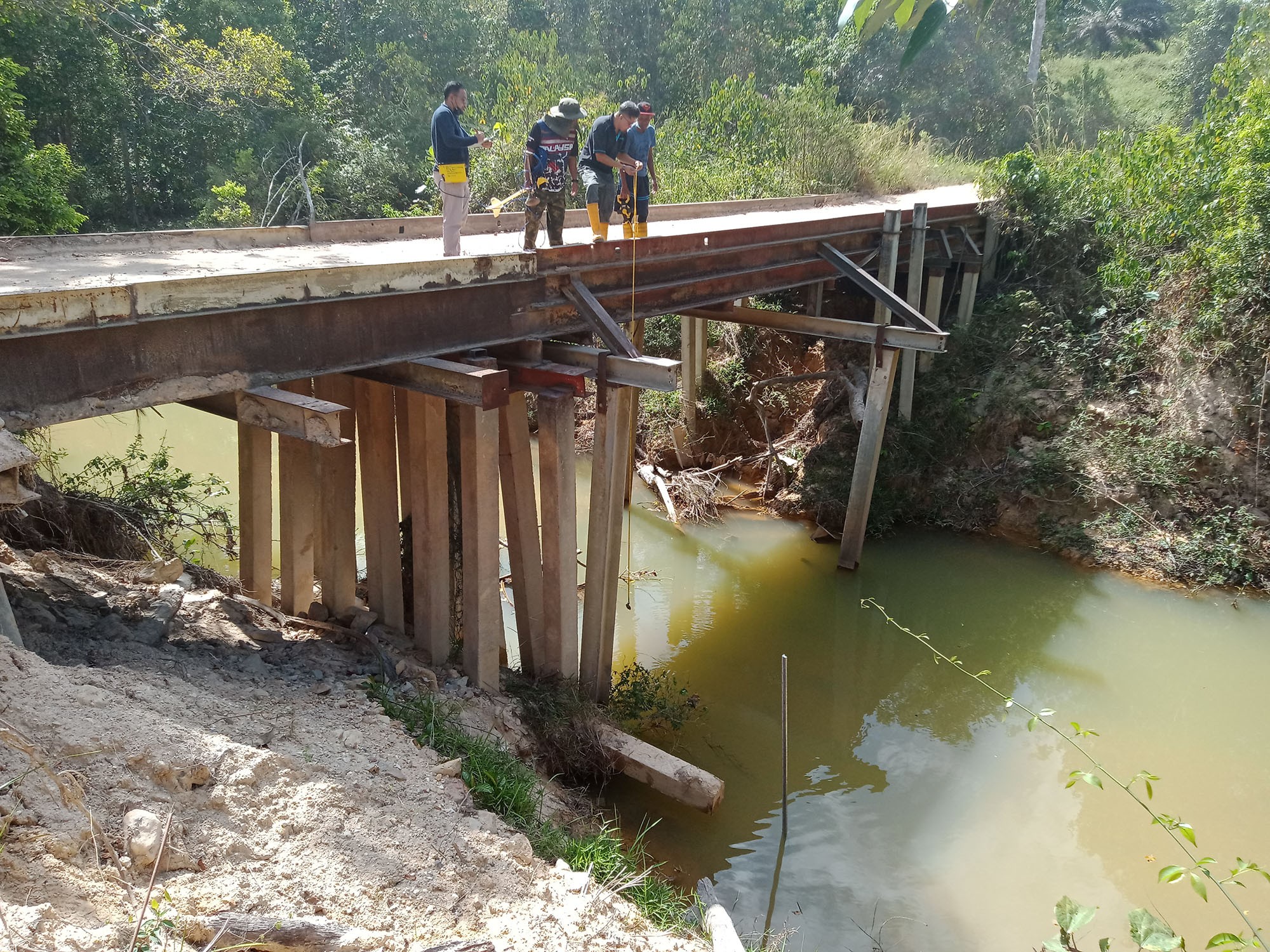
Impact Summary
The goal of the Malaysia Collaboratory is to facilitate Integrated River Basin Management (IRBM) practices in the Johor River Basin. Facilitating IRBM practices is fundamental in targeted interventions that address the root causes of environmental degradation, foster the sustainable management of water resources, and promote water security within the basin. Researchers at the Universiti Teknologi Malaysia (UTM) and Newcastle University Medicine Malaysia (NUMed) have achieved this through comprehensive data collection, integration, and analysis, and pioneering collaboration among diverse stakeholders that previously operated under fragmented sectoral governance structure.
The development of informed decision tools has helped expediate IRBM practices. These tools empower stakeholders with accessible data, innovative analysis techniques, and collaborative platforms, enabling informed decision-making and timely interventions on water security issues. The pioneering of collaborative engagement is fundamental in ensuring that stakeholders make informed and equitable decisions. By fostering inclusive participation and stakeholder engagement, IRBM practices are fostering social cohesion and empowering communities to actively contribute to the stewardship of water resources and environmental protection.
Ultimately, facilitating IRBM will enable targeted interventions that address the root causes of environmental degradation, foster the sustainable management of water resources, and promote water security within the basin.
Our Approach/Framing
In line with the Hub's vision, we embraced a systems approach, integrating diverse expertise from hydrology, water quality, social sciences, health, and governance to navigate the challenges of implementing Integrated River Basin Management (IRBM) in the Johor River Basin. Collaboration played a pivotal role, creating strong partnerships between government agencies, local communities, NGOs, and industries. Utilizing advanced tools, real-time data, and predictive modelling, the project enhanced decision-making and built resilience in water management. Continuous monitoring, active stakeholder engagement, and adaptive management ensured long-term sustainability and strengthened social cohesion.
Additionally, we focused on capacity-building initiatives to empower stakeholders at all levels. Through workshops, educational programs, and collaborative activities, we aimed to improve their knowledge, skills, and decision-making abilities. By enhancing stakeholder capacity, we believe we have established a strong foundation for sustainable and effective management of the Johor River Basin.
Outcomes and Emerging Impacts
Early successes and emerging impacts of the Malaysia Collaboratory include:
- Facilitating IRBM in the Johor River Basin through the provision of extensive data collection and analysis, as well as collaboration with government agencies, local communities, NGOs, and industry representatives.
- Developing informed decision tools to support sustainable practices e.g. hydrological, climate, and water quality model and MyRIBASIN, to streamline IRBM processes and improve decision-making capacities, supporting sustainable practices.
- Pioneering collaborative efforts among stakeholders to address the multifaceted challenges of water security in the basin and implement effective IRBM strategies, alongside continuous monitoring, evaluation, and capacity building.
Download the full Malaysia Impact Narrative
Malaysia Impact Narrative



